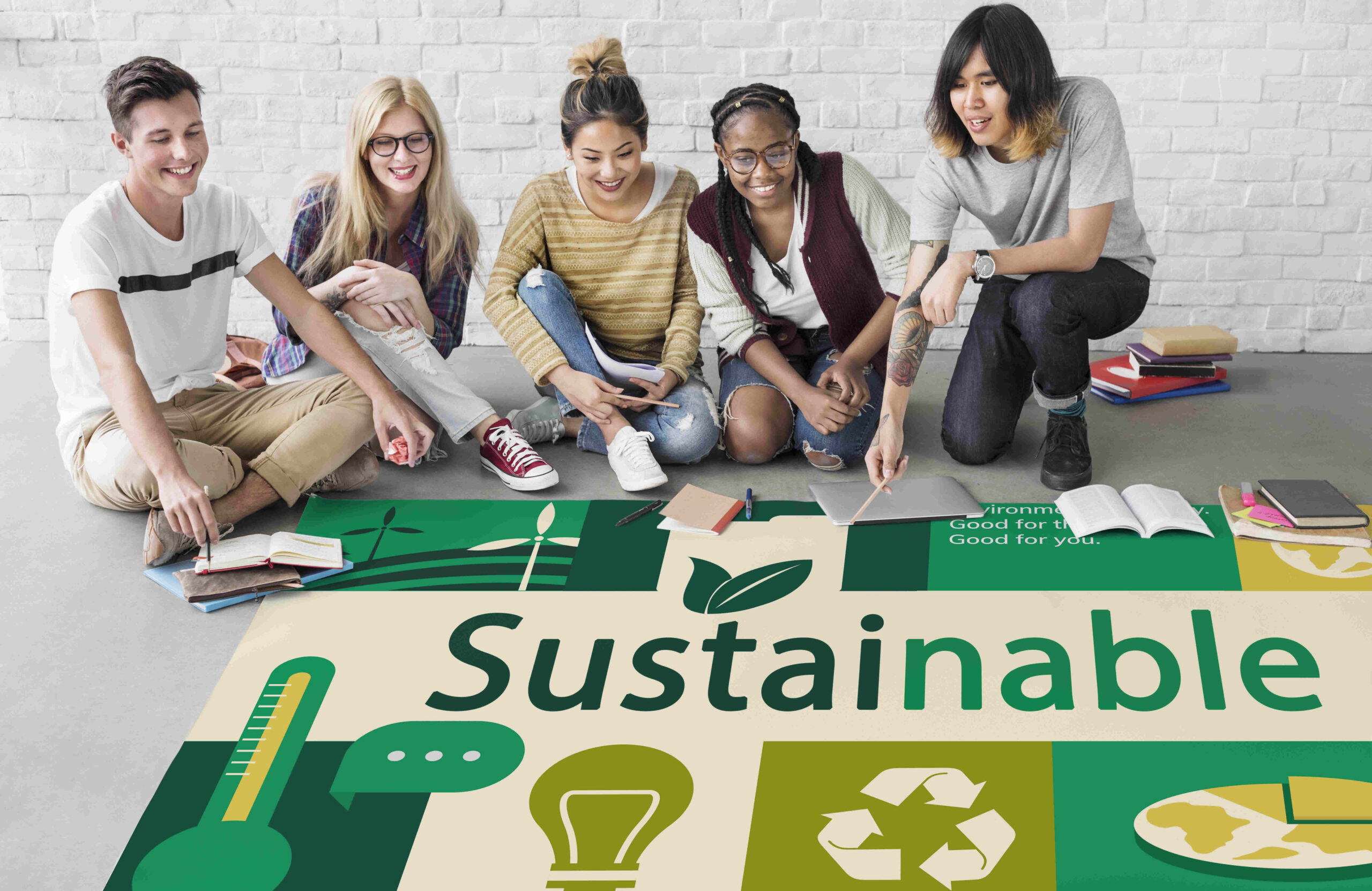
Leadership, Management and Training Program for Sustainable Higher Education

Target audience
Senior managers from higher education institutions, such as rectors, vice-chancellors, directors, deans and steering committees

Duration
Depending on each path

Modality
Virtual modality with synchronous activities and technical assistance. Technical assistance is provided in group face-to-face sessions and as part of the work for the Implementation Plan

Language
Spanish

Certification
The modules are certified independently and according to predefined itineraries
Description
The Leadership, Management and Training Program for Sustainable Higher Education is a joint design between UNESCO International Institute for Higher Education in Latin America and the Caribbean (IESALC) and Laspau, a non-profit organization affiliated with Harvard University. Its main purpose is to build capacities in the heart of institutions to support their sustainable transformation process. To this end, both organizations generate joint synergies, putting their knowledge and international networks at the service of HEIs to develop and strengthen the urgent challenges towards sustainability and quality education for all.
The proposal has three fundamental elements: capacity building through training, technical assistance to support implementation and the creation of networks and alliances. For training, a modular logic is offered that can be articulated with each other, with the purpose of providing flexibility and the possibility of different certifications and learning itineraries, hand in hand with an integrative project, through technical assistance to support the implementation of sustainability in higher education institutions, through personalized accompaniment and on-site facilitation.
The program reflects the characteristics of higher education institutions in Latin America and the Caribbean, considering the contexts, challenges and opportunities towards a quality and sustainable education. For its construction, the proposal considered the experiences of the 110 universities best positioned in the Shanghai 2021 ranking, 30 successful practices in universities in Latin America and the Caribbean, and the lessons learned by UNESCO IESALC and Laspau.
Objetives
To build capacity in higher education institutions through a flexible multidisciplinary program, of high international standard and relevant to Latin America and the Caribbean, on leadership, management and training in sustainable education, based on the SDGs, good practices and available evidence.
To this end, the initiative focuses on the following lines of work:
Courses
The program includes 14 courses that can be implemented and recognized individually or connected to obtain the corresponding certification.
In addition, it is considered mandatory to obtain some of the certificates, the approval of two final workshops such as: Sustainable Projects with Agile Methodologies and Effective Communication for Sustainability.
Course 1. SDGs as articulating axes of higher education.
Objectives: Linking SDGs to challenges and opportunities in the various dimensions of action of higher education institutions.
Duration: 20 hours
Tópicos clave:
Course 2. Sustainable digital transformation
Objectives: Analyze the implications of digital transformation from the perspective of sustainability and cultural change of institutions in Latin America and the Caribbean.
Duration: 30 hours
Key topics:
Course 3. Criteria and tools for sustainable institutional management
Objectives: Apply the criteria and tools to sustainably manage institutions in challenging contexts.
Duration: 40 hours
Key topics:
Course 4. Innovative and sustainable teaching and learning processes
Objectives: Implement teaching and learning experiences in higher education, considering the SDGs in a direct and transversal way.
Duration: 50 hours
Key topics:
Course 5. Sustainable higher education and its link with the territory and society.
Objectives: Visualize the institution’s relationship with the environment and the teaching and learning processes from the perspective of sustainability
Duration: 30 hours
Key topics:
Course 6. Development of learning and competencies for sustainability
Objectives: Recognize the different competency frameworks for sustainability and their application in the Latin American context.
Duration: 30 hours
Key topics:
Course 7. Training with alternation in working and social environments for sustainable training
Objectives: Design training experiences with work and social alternations, from the approach of sustainability and quality for all.
Duration: 20 hours
Tópicos clave:
Course 8. Data management and indicators for quality and sustainability in higher education
Objectives: Recognize the criteria and tools for decision making based on indicators that promote quality and sustainability.
Duration: 30 hours
Key topics:
Course 9. Management of transformative and sustainable educational projects
Objectives: Analyze the keys and implications of the management of transformative and sustainable projects.
Duration: 30 hours
Key topics:
Course 10. Design of sustainable educational models
Objectives: Propose designs of sustainable educational models, considering local characteristics, opportunities, and challenges.
Duration: 30 hours
Key topics:
Course 11. Management and promotion of the sustainable campus
Objectives: Recognize the implications for the management and implementation of sustainable campuses.
Duration: 40 hours
Key topics:
Course 12. Curriculum design and evaluation from a sustainable competency-based approach in higher education
Objectives: Apply criteria for competency-oriented curriculum design and evaluation for sustainable higher education.
Duration: 60 hours
Key topics:
Course 13. Workshop on sustainable educational intervention projects with agile methodologies.
Objectives: Apply agile methodologies for the construction of intervention proposals in educational contexts.
Duration: 30 hours
Key topics:
Course 14. Workshop on Effective Communication for Sustainability
Objectives: Apply effective communication tools to effectively implement sustainable initiatives and projects.
Duration: 20 hours
Key topics:
Itineraries with certification
| Certification | Courses | Total hours | |
| Sustainable Management and Leadership in Higher Education | 1-2-3-8-9-10-11-13-14 | 270 | |
| Sustainable Campus Management | 1-3-9-11-13-14 | 170 | |
| Sustainable Curriculum Design and Management in Higher Education | 1-4-6-7-12-13-14 | 230 | |
| The relationship between sustainable higher education and the environment | 1-3-5-7-13-14 | 160 | |
| Teaching and Learning Sustainably | 1-4-6-7-13-14 | 120 |
For further information, please contact: soporte@campusiesalc.org